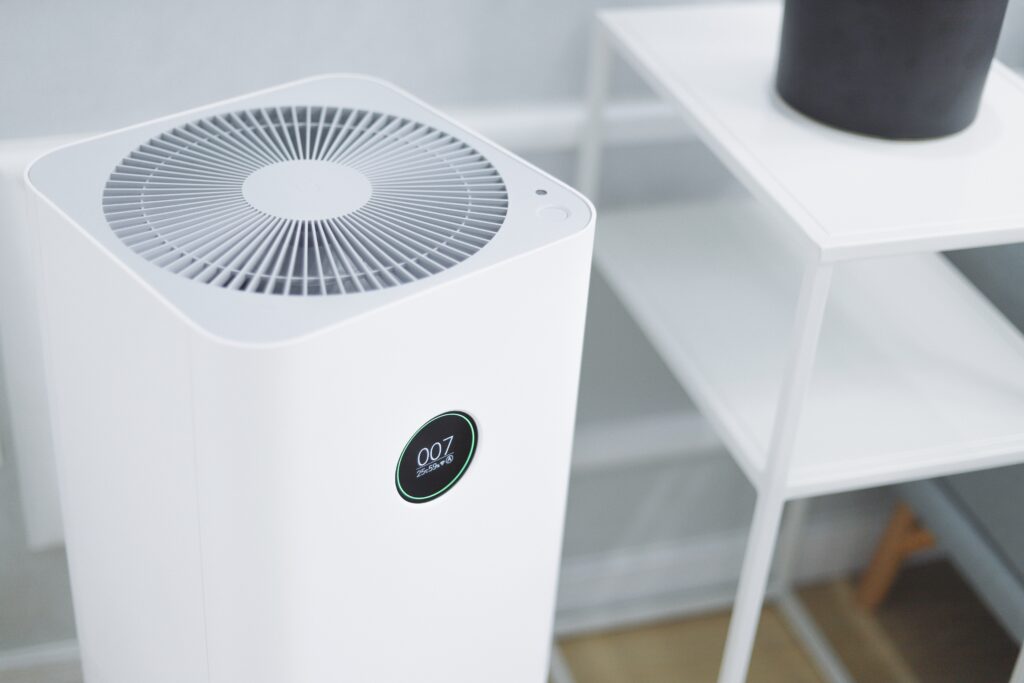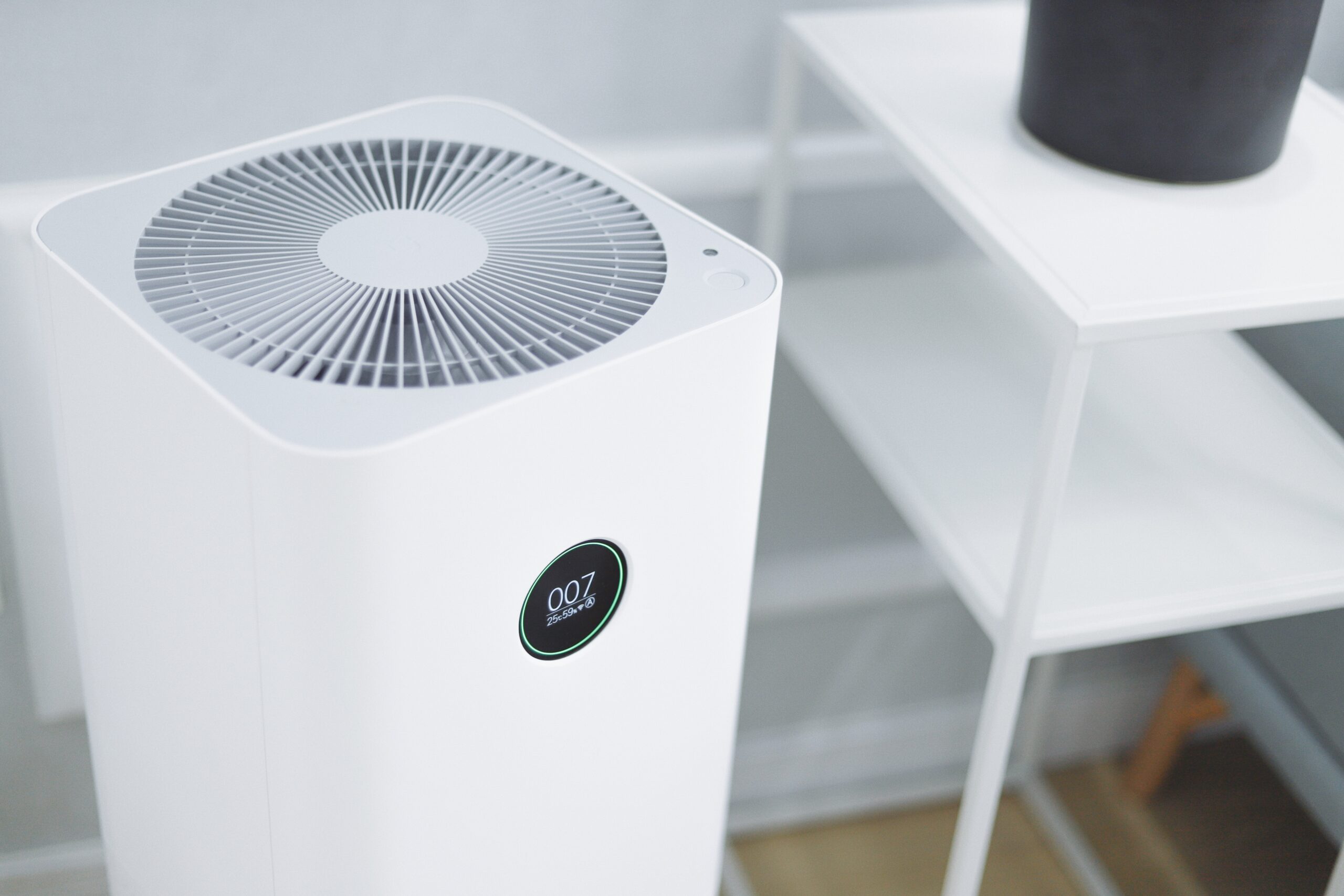
Air conditioning systems are essential for maintaining a comfortable indoor environment, especially during the hot summer. However, with plenty of options, choosing the right system for your home can take time and effort. Factors such as cooling needs, energy efficiency, maintenance requirements, and prices of popular brands like Daikin air conditioning prices must be considered when deciding. This article will discuss choosing the right air conditioning system for your home.
Determine Your Cooling Needs
Determining your cooling needs is the first step in choosing the right air conditioning system. Factors to consider include:
- The size of your home.
- The number of rooms you want to cool.
- The climate in your area.
Choosing a system that is the right size for your home is essential, as a system that is too small will need to be more significant to cool your home, while a system that is too large will save energy and money.
Consider the Type of Air Conditioning System
There are various air conditioning systems, and choosing the right one depends on your needs and budget. The most typical are window units, split systems, and central air conditioning systems.
Window Units: Window units are the most affordable and straightforward to install air conditioning systems. They are designed to cool a single room and are best suited for small apartments or rooms.
Split Systems: Split systems consist of indoor and outdoor units connected by pipes. They are designed to cool individual rooms or several rooms at once, depending on the size and capacity of the units. Split systems are costlier than window units but offer greater flexibility and higher efficiency.
Central Air Conditioning Systems: Central air conditioning systems are the most costly, efficient, and convenient. They use ducts to distribute cool air throughout the house, making them suitable for large homes or apartments.
Evaluate Energy Efficiency
Energy efficiency is a crucial factor when choosing an air conditioning system, as it affects your energy bills and the environmental impact of your system. The energy efficiency of an AC unit is measured by its SEER (Seasonal Energy Efficiency Ratio) rating. The higher the SEER rating, the more energy-efficient the system is. Look for systems with a SEER rating of 14 or higher, as they are considered high-efficiency and can save you hard-earned money in the long run.
Evaluate Maintenance Requirements
Regular maintenance is essential to keep your air conditioning system running smoothly and efficiently. When choosing a system, evaluating its maintenance requirements and costs is essential. Some systems require more frequent maintenance than others, while some are more expensive to maintain than others. Choose a system you can maintain regularly without breaking the bank.
Consider Your Budget
Your budget is another crucial factor when buying an air conditioning system for your home. Air conditioning systems vary in price, with window units being the most affordable and central air conditioning systems being the most expensive. While it may be tempting to buy the cheaper units, it is essential to consider the long-term cost savings of a more expensive, energy-efficient system. A high-quality, energy-efficient system may cost more initially, but it can save you money in the long run through reduced energy bills and lower maintenance costs.
Conclusion
Choosing the right air conditioning system for your home is crucial to your comfort, energy bills, and the environment. Consider your cooling needs, the type of system, energy efficiency, maintenance requirements, brand prices like Daikin air conditioning prices and other factors when deciding. Considering these factors, you can choose a system that will provide optimal cooling, energy efficiency, and comfort for you and your family.
